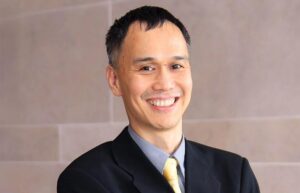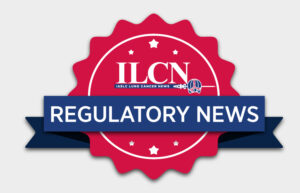Presenter Profile: Motoko Tachihara, MD, PhD
Kobe University, Japan
ILCN: What is your presentation about?
Dr. Tachihara: This talk addresses treatment strategies for special populations with small cell lung cancer (SCLC)—such as patients with interstitial lung disease (ILD), the elderly, and those with poor performance status—who are often excluded from clinical trials. As new therapies emerge, it’s unclear how safely and effectively they can be used in real-world settings. I will discuss how to make personalized treatment decisions based on limited evidence and clinical experience.
ILCN: Why is this topic timely or important in 2025?
Dr. Tachihara: Treatment options for SCLC are expanding with new drugs and immunotherapy. However, there’s still a major gap between trial populations and real-world patients. Finding appropriate treatments for these underserved groups is more urgent than ever in 2025.
ILCN: What advances do you foresee in the treatment of special populations with SCLC over the next 5 years?
Dr. Tachihara: I anticipate several key advances, including the development of more tolerable regimens that can be safely administered to frail or comorbid patients, greater use of biomarkers to tailor therapy, and the design of prospective studies that specifically include special populations. Additionally, real-world evidence and registry-based studies will likely play a growing role in guiding treatment decisions for these underserved groups.

Breaking New Ground: Challenging Advances in SCLC Therapy
11:30–12:45 CEST, Tuesday, September 9 • Room 04
Hear from Motoko Tachihara, MD, PhD, as she shares how to navigate the current therapeutic options for patients with SCLC. LEARN MORE
ILCN: What are you looking forward to the most during the 2025 World Conference on Lung Cancer (WCLC)?
Dr. Tachihara: WCLC provides a unique global platform to exchange ideas, discuss emerging data, and connect with colleagues across disciplines. While I look forward to learning about new developments, I’m especially excited to connect with WCLC members and expand my global network of colleagues. I look forward to taking steps together towards WCLC’s mission to conquer thoracic cancer worldwide.
ILCN: What do you hope the audience takes away from your presentation?
Dr. Tachihara: I hope the audience leaves with a deeper appreciation for the complexity of treating SCLC in special populations and with practical strategies to guide therapeutic decisions. Above all, I want to emphasize that choosing wisely in these cases requires not only clinical knowledge but also compassion, flexibility, and close attention to individual patient values and circumstances.










